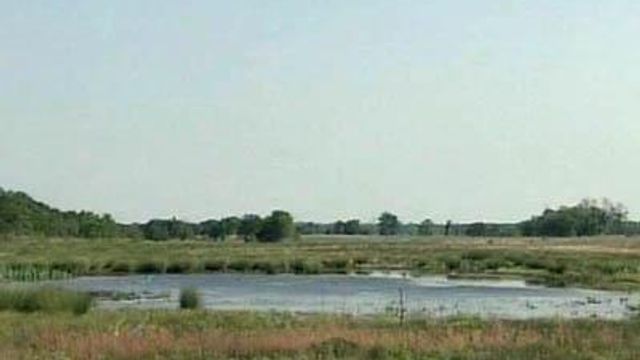Thousands of acres of wetland forest being preserved in Bladen County
Sharon Valentine and her late husband bought Privateer Farms in 1988. They could have sold the land to developers, but felt preserving its natural beauty was more important than money.
Posted — UpdatedValentine owns nearly 6,000 acres, 15 miles south of Fayetteville.
"Privateer Farms is one of the last great tracts left in North Carolina,” she said.
Valentine and her late husband bought Privateer Farms in 1988. They raised 1 million turkeys a year in 40 turkey houses.
“I think the way we speak to the future is through the land,” Valentine said.
On the land there are young sycamores, cypress and cedar trees. In a few decades, the land will be a maturing, wetland forest.
Winding through the land is Harrison Creek. It once became unwound and was funneled into a ramrod-straight canal – its swamps drained for farming. However, during the largest stream restoration in state history, engineers dug out the original channel and set the creek to winding again.
"And you think about the gift Sharon and her husband are giving to the nation. When you talk about 3,500 acres going to be a wetland preserve forever, that's quite a gift," said John Ray, with the U.S. Department of Agriculture's Wetland Reserve Program.
Other acres on the farm are being planted with North Carolina's state tree: the long-leaf pine.
"Well, they're beautiful trees. They're great for wildlife,” timber consultant Marshall Hartsfield said.
Valentine is dismantling all turkey houses. Her ultimate goal is to return the farmland to its natural state.
"Man is temporary, but the land is forever," she added.
State funds paid for the restoration of Harrison Creek as part of the Ecosystem Enhancement Program.
State and federal agencies have compensated Valentine for the value she took away from the land by granting a conservation easement that prohibits development.
• Credits
Copyright 2024 by Capitol Broadcasting Company. All rights reserved. This material may not be published, broadcast, rewritten or redistributed.






